Dr Nina Kruger delves into the fascinating subject of humans’ desire to hunt, explaining why the urge to hunt remains ingrained within us long after the need to hunt has vanished
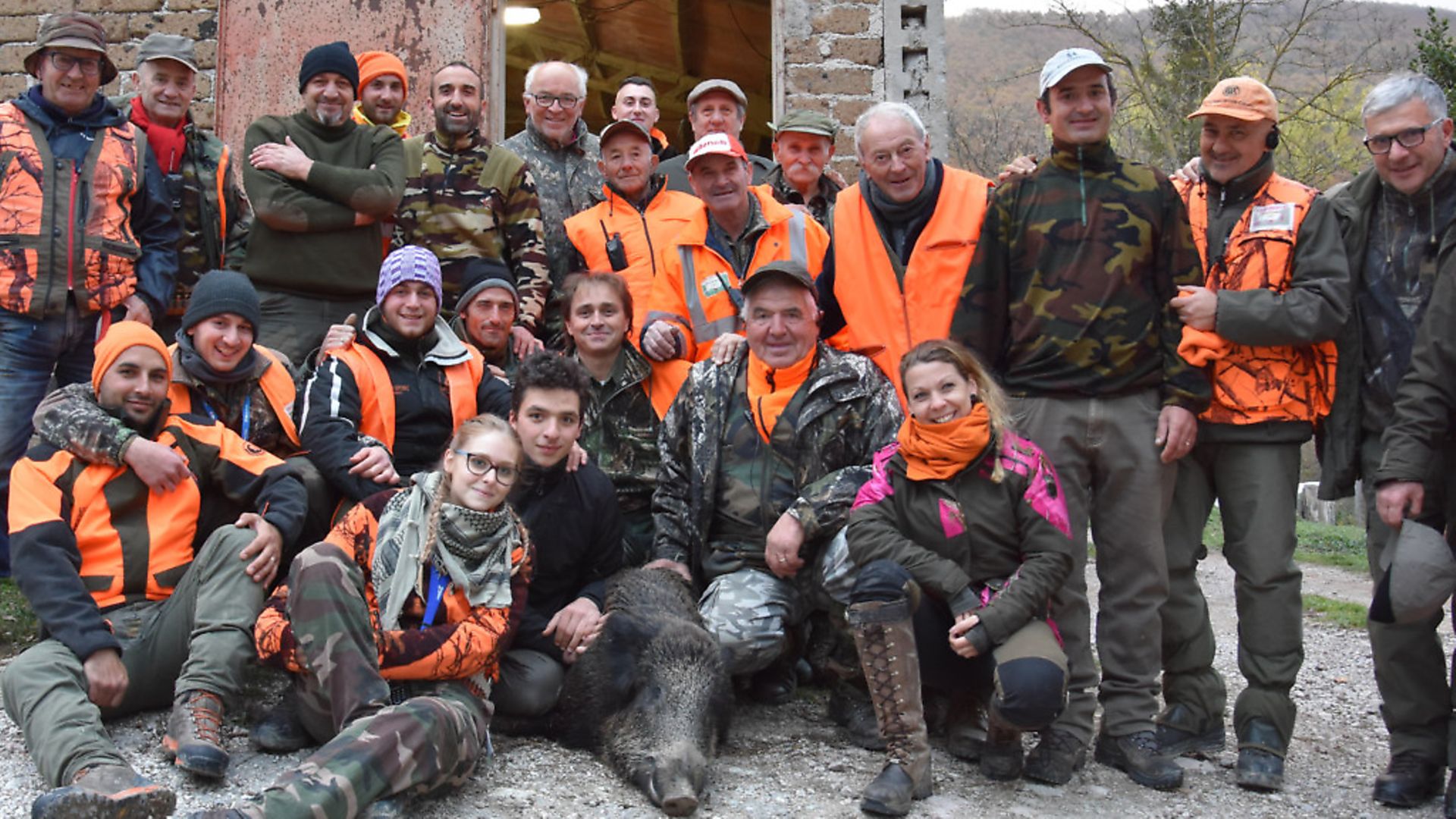 credit: Archant
credit: Archant
Large parts of our society seem to have no understanding for what makes us get up at 4am in spring to stalk roe buck. Or what makes us spend our weekends clearing hunting grounds while they relax from their busy week. Not to mention why we travel endless miles in foggy weather to gather around a single wild boar with 20 fellow hunters.
The reasons we have are as numerous as there are hunters. When asked, we reply in turn that we are hunting for meat, that we feel like true conservationists, that we are the last bastions of humankind with a real understanding of the environment, that it is in our blood.
If we’re honest, we probably find it difficult to explain what really compels us to hunt, partly because the variety of feelings are difficult to describe, partly because these kinds of emotions are not always accepted and partly because words can rarely express what we feel.
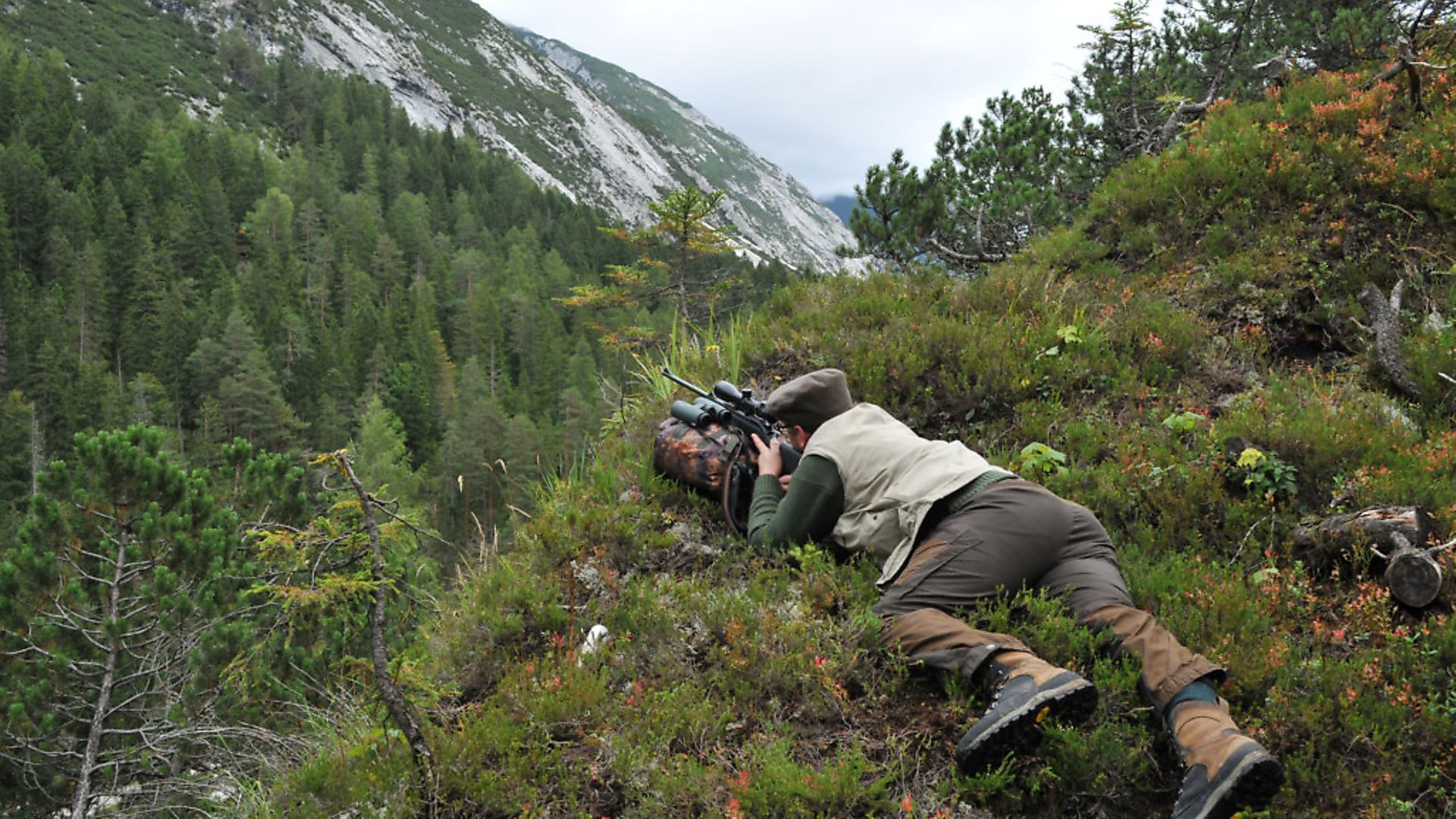 credit: Archant
credit: Archant
Brain food
Even though a famous vegan author lost her temper at me in a fancy Italian restaurant in front of a no-less-fancy urban crowd not long ago, screaming “propaganda” to my face, anthropologists are quite comfortable with the belief that the intellectual abilities of Homo sapiens only developed while consuming a high-protein diet in prehistoric times.
These two attributes distinguish our species from all others, although there are many other characteristics that indicate that our diet was at least composed of one third animal origin: our teeth, our digestive system and the fact that we cannot take enough vitamin B12 from plants to build a functional nervous system are just some examples. Some scientists believe that our ancestors learned to hunt a lot earlier than 300,000BC – evidence for human hunters has been found which is thought to date back two million years.
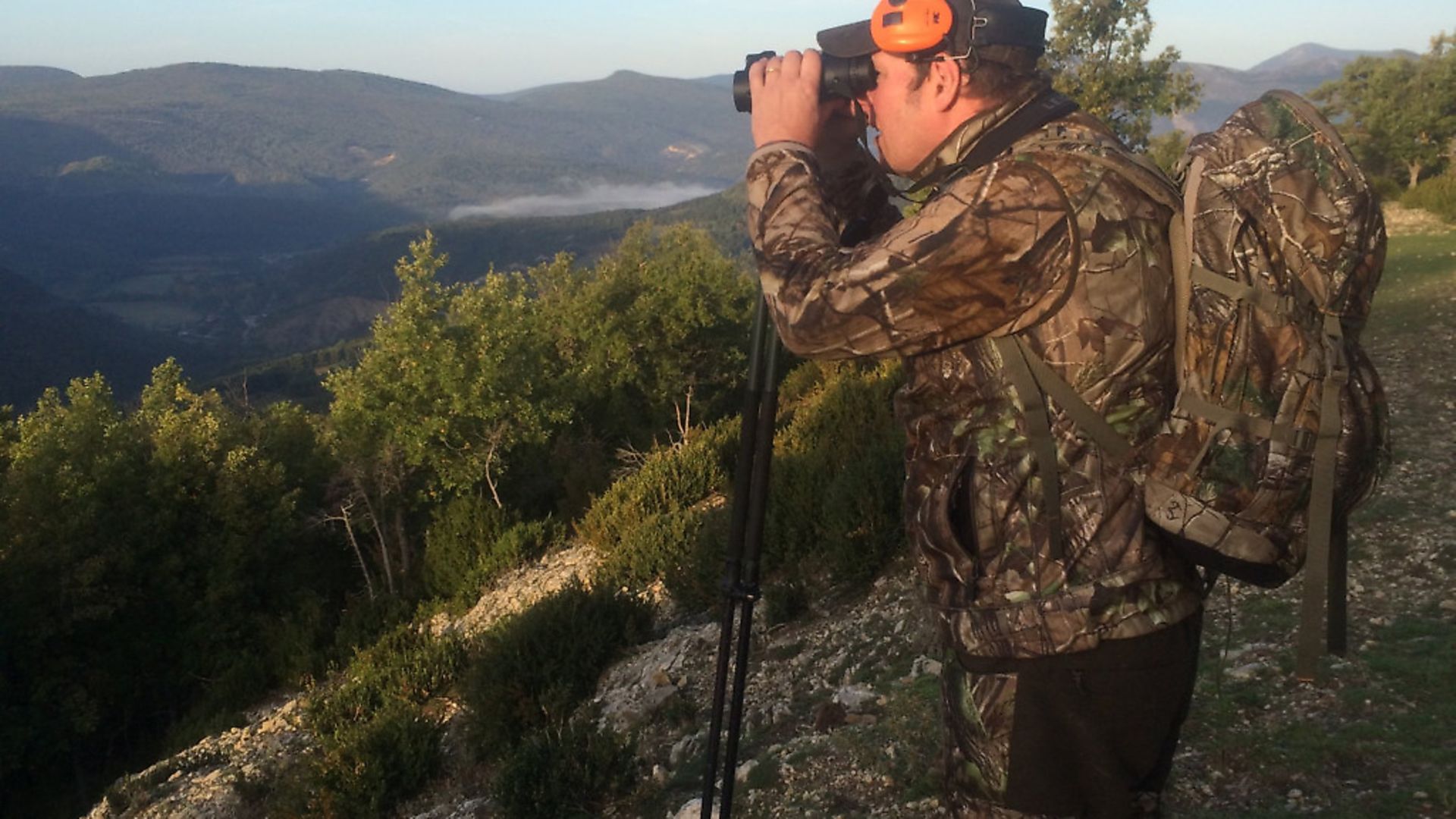 credit: Archant
credit: Archant
High risk, high reward
If our ancestor Homo habilis had only lived off carrion, the animal bones with marks of human consumption should exhibit the same age and sex distribution as those that were killed off by ancient lions and hyenas. In contrast, those fossils showed that humans always had their own taste and chose differently to their animal competitors.
Every evolutionary development has its origin in the random appearance of a new feature or ability which is selected for its benefits. Hunting, for example, has the advantage of acquiring high-quality and high-calorie food but also bears the risk of getting smashed under the giant feet of a mammoth. In the end, successful hunters must have bred so preferentially that we became the most influential mammal in earth’s history.
The context in which these extraordinary skills have developed is a point of controversy. At the beginning of the last century, scientists believed that our drive to hunt was responsible for the development of better tools and strategies that demanded a bigger brain to enhance hunting success further by communication.
In the 80s, this theory became unpopular. Nowadays researchers think that our complex social structures and the need to coordinate and communicate worked better with a bigger brain and humans have been selected by evolutionary mechanisms for that. Once our brain was capable enough our carrion-loving ancestors started to look for fresher food by hunting more efficiently.
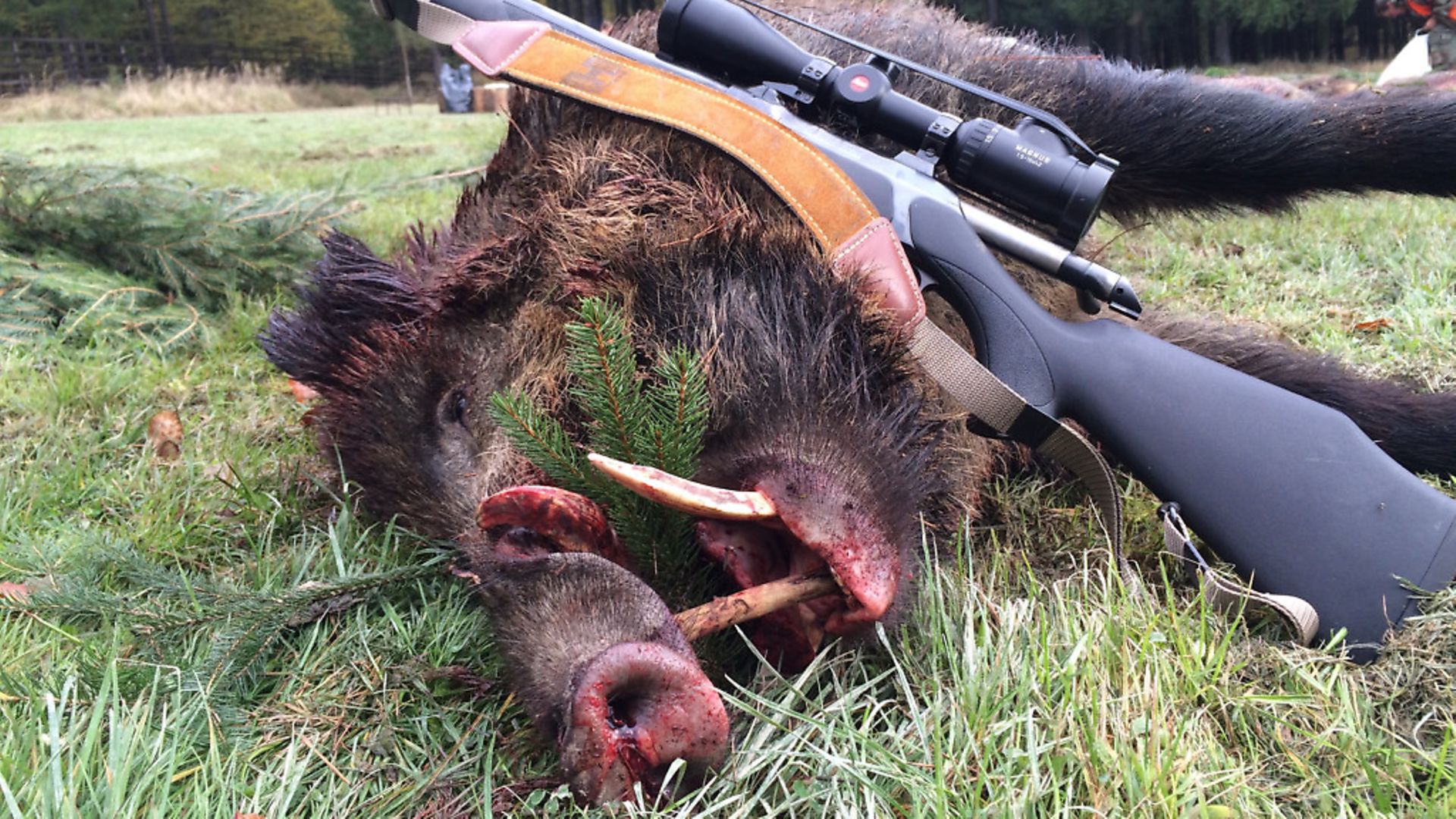 credit: Archant
credit: Archant
Sweat + pain = happiness
The development of our urge to hunt was of crucial advantage to us. Whoever has watched – even in a documentary – how native tribes still hunt today will have got quite a good impression of how humans hunted a couple of hundred thousand years ago. Not only the physical effort, deprivation, sweat and pain lay before the feast with the tribe, but also the risk of facing the indignation of the potential meal and becoming prey themselves. After the second or third inefficient raid on a herd of zebras, our ancestors must have come to the conclusion that nuts and roots actually weren’t that bad after all – if not, a few more critical developments would have already taken place.
On the one hand, our comprehension had developed to a point where we realised that successful hunters were way more valued by the tribe than those who only brought back a few miserly herbs. On the other, the physical effort and a successful hunt activated the reward system in the brain by the release of the happiness hormone dopamine.
If the hunting success was achieved in a group, the pleasant feeling was triggered even more. Hunting became a chaining of enjoyable emotions, while the most successful hunters were honoured with the highest social status and bred with greater success than those with less hunting drive or success. Even seeking the biggest and strongest quarry has its own evolutionary explanation.
What I like to call the ‘scientific theory of bragging’ implies that killing the strongest and most impressive beast generates more social attention and increases the social position of the hunter with a higher success in breeding.
 credit: Archant
credit: Archant
Has anything changed?
Do you know that feeling when you haven’t been out and about for weeks? Followed by the indescribable emotions of happiness after a clean shot? Do you enjoy hunting with others more than stalking alone? The hormonal cocktail that is expressed in our brain is addictive. I have heard about people that got their addiction officially certified to prove to their loved ones that they have to go hunting.
Modern humans don’t differ that much from our hunter-gatherer ancestors of 300 centuries ago. Our brain works in a similar way as it did then. Exciting situations lead to the expression of happiness hormones (as long as we have no negative experiences) and these motivate us to repeat these actions. In earlier days, these situations were related to hunting success, fleeing from predators, finding a partner and succeeding in competition. In other words, when we were successful in securing our survival and reproduction, we were happy.
Today, we do not need to defend ourselves from lions, we do not solve our neighbourly conflicts with a club, and bringing home a huge stag doesn’t tend to improve our chances of getting laid. Our modern society has other possibilities to reach the same state of excitement and satisfaction. This is how the enthusiasm for sports like football can be explained: to share the thrill with a team simulates a hunting situation in our brain, watching a game with friends represents a hunting party and the joy we experience in the case of a win is nothing else than the release of the same happiness hormones, the very same that are released on a successful hunting day.
The same is true for the disappointment when our team is losing. Our brain doesn’t know the difference and just rattles off the same old program. The list of examples is long. For example, scientists examined consumer behaviour and found that the same hunting program is fired up in the brain when we are desperately searching for bargain deals on Black Friday.
It is true that we are not only originated from hunters but we are still hunters. In the mid 90s, Thom Hartman got attention by publishing his controversial book about ADHD. It was the first of its kind to speak against the established opinion that it was an infantile development disorder. He compared behavioural traits which were of advantage for a hunting and gathering lifestyle with those of children and adults diagnosed with the disorder. His main point was the patient’s ability to ‘hyper-focus’ which is nothing else than the total absorption of an individual in an exciting situation – something that is typical for ADHD patients.
Hartman classified this to be a vestige of our past when these traits were of crucial advantage in successful hunts. Derided at first, his theory was eventually backed up by genetic research. The gene associated with ADHD was found to be coding for a variant of the dopamine receptor that is also over-expressed in adrenalin junkies. This variant can be found with a higher distribution in tribes that still live a hunter-gatherer lifestyle than in settled populations.
Hunting made us what we are today, it is part of us. Of course, we could satisfy our urges by watching football or going shopping, but why would we want to do that?!
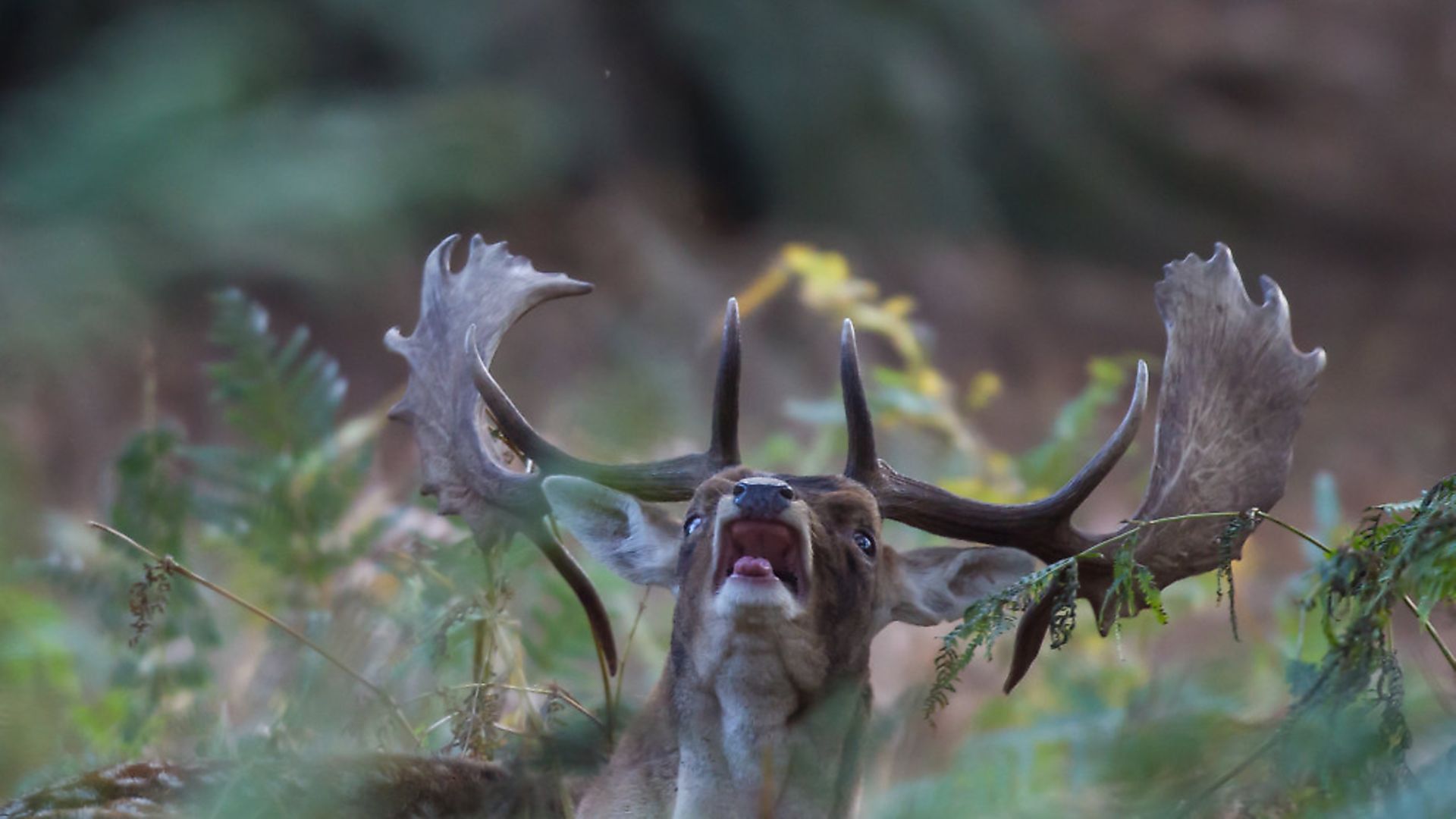 credit: Archant
credit: Archant
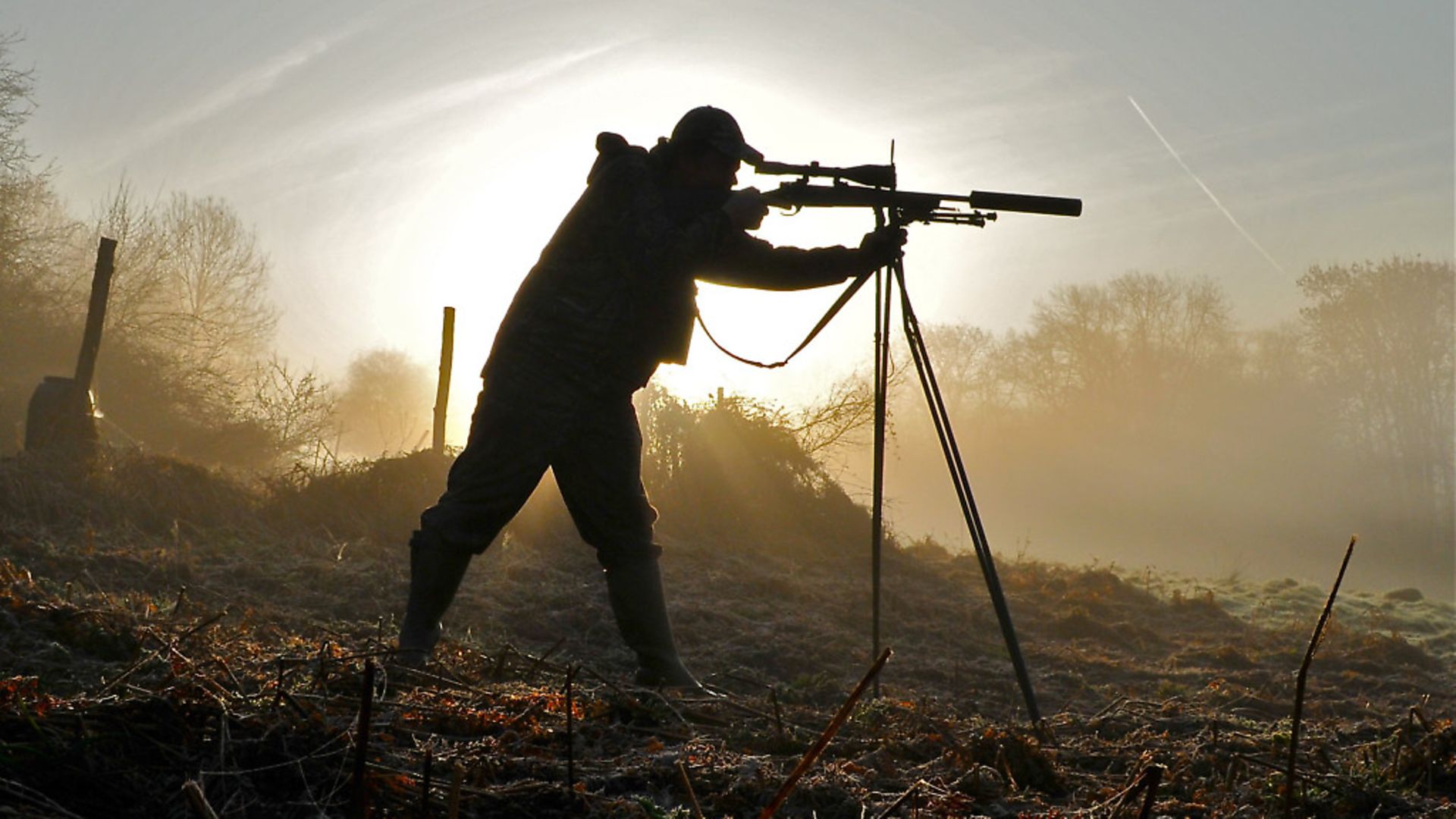 credit: Archant
credit: Archant